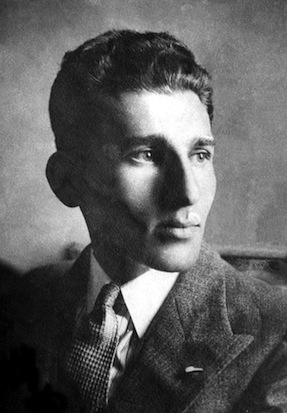Oh the French! Where would the Anglo publishing industry be without them? Ever since Peter Mayle first made goo-goo eyes at sun dappled Provence in 1990 and pocketed a pile of dough in the process, many a self- respecting hack with a smidgeon of French culture has followed in his train. Most have been purveyors of what the tastily named Piu Marie Eatwell dismissively terms ‘Froglit’:
A highly commercialised and formulaic genre of lightly humorous fiction or non-fiction, generally written by Anglo-American expats living in France and usually with an autobiographical bias, dedicated to eulogising, elucidating, satirising or otherwise promulgating stereotypical ideas about the French.
With They Eat Horses, Don’t They? (yes, they do) Eatwell’s intention is to set the record straight about our Gallic brethren. A former lawyer who made France her home ten years ago after falling in love with a Frenchman (as you do), Eatwell, who is of mixed Asian/English descent, does a fine line in waspish commentary and schoolmarmish erudition. Backed by the results of a battery of contemporary surveys and a host of native French wits, she sets about her task with a communicative relish. Split up into ten chapters with subheadings like ‘French toilets are repellent’ or ‘French women don’t shave’, Eatwell cheekily grades her findings with Michelin-style stars. The former gets two stars for veracity (apparently French toilets are only pipped to the post for foulness by Indian and Chinese ones) while the latter is deemed altogether false and gets just the one.
This is all very well, but where does it effectively lead us? Well actually either through hindsight or sheer blind luck it becomes an intriguing portrait of just how much France has changed over the past 50 years or so. Take French wine consumption, for instance, which has plummeted in the past 30 years, decreasing from 50 billion litres in 1980 to 32 billion litres in 2008. Far from heralding a new nation set in the image of former French president Nicolas Sarkozy’s teetotal ways, so-called binge-drinking (or le binge-drinking as it has come to be known in France, much to the French Academy’s chagrin) has rocketed among younger tipplers. Indeed it has become the principal cause of death among French youth, claiming three victims a day.
Other statistics show that France has become a nation of fast-food guzzlers After the United States, it is now the biggest market in the world for McDonald’s and the largest consumer of sushi in Europe. ‘By 2010, fast food accounted for seven out of ten meals eaten outside the French home,’ writes Eatwell, ‘and the length of the average meal had gone down to 31 minutes, from 1 hour 38 minutes in 1975.’
Despite its much-vaunted battle for cultural exception, it seems that, physically at least, France is beginning to resemble no other nation quite so much as the United States. This is particularly true of the once idyllic French countryside, where the outskirts of villages are ‘turning into a vast shopping mall’. According to Eatwell, ‘26 square metres of agricultural land are gobbled up by development in France every second’.
No doubt if other countries were placed under such an exacting microscope their stories would be similar, but the fact remains that France continues to excite our imagination like no other. ‘We insist on reading into the French distorted images of ourselves,’ writes Eatwell in one of many entertaining footnotes — whence our inclination to idealise and often vulgarise a certain savoir vivre which, though it still exists in small pockets of the French bourgeoisie, is fast being swamped by the global marasme.
This disconnect between what modern-day France is really like and how we romantically perceive it is no better illustrated than by the strange and benighted case of ‘Paris Syndrome’. Though it beggars belief, according to Eatwell, ‘Paris Syndrome is a psychosis to which Japanese tourists in Paris are peculiarly susceptible, resulting in the hospitalisation of several dozen a year.’ Trouble starts when misty-eyed visitors from Tokyo or Kyoto encounter the reality of
canine excreta on the streets, brusque waiters, dirty toilets and the dawning realisation that they themselves are slimmer and wear more Louis Vuitton than the average French woman.
Eatwell’s book provides the perfect antidote.
Got something to add? Join the discussion and comment below.
Get 10 issues for just $10
Subscribe to The Spectator Australia today for the next 10 magazine issues, plus full online access, for just $10.













Comments
Don't miss out
Join the conversation with other Spectator Australia readers. Subscribe to leave a comment.
SUBSCRIBEAlready a subscriber? Log in